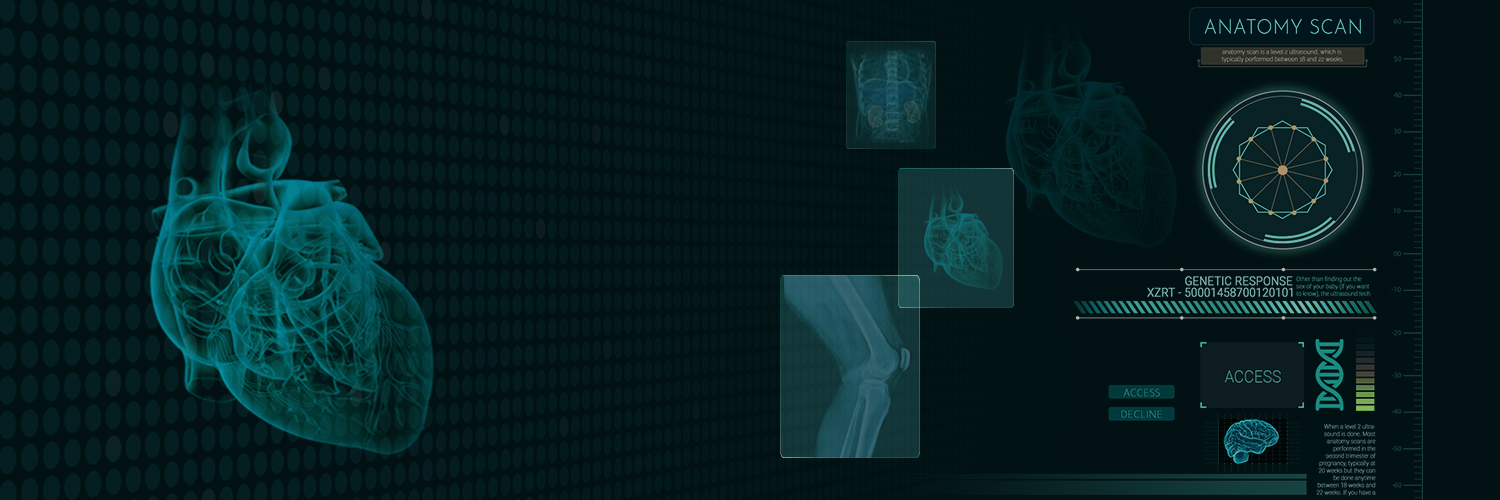
There are two systems of coordination of activities in humans. These are:
Human nervous system:
The nervous system helps all other system of our body to work together.
The unit of nervous system: neuron
Nervous system is made of special cells called neurons. Neuron is the largest cell in the body (which looks like an electric wire).There are three types of neurons:
A neuron (or nerve cell) has three components:
Synaps: It is a microscopic gap between a pair of adjacent neurons over which nerve impulses pass when going from one neuron to the next. Synapses ensure that nerve impulses travel in only one direction.
The organs of human nervous system
The main organs of the nervous system are: